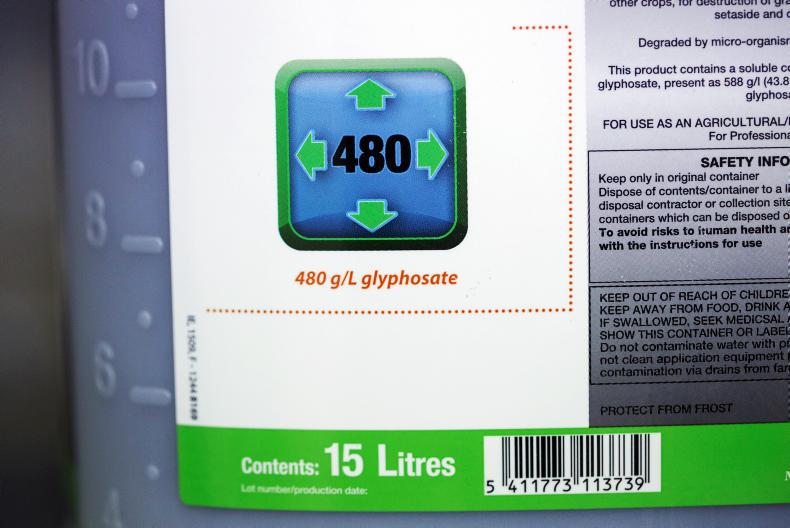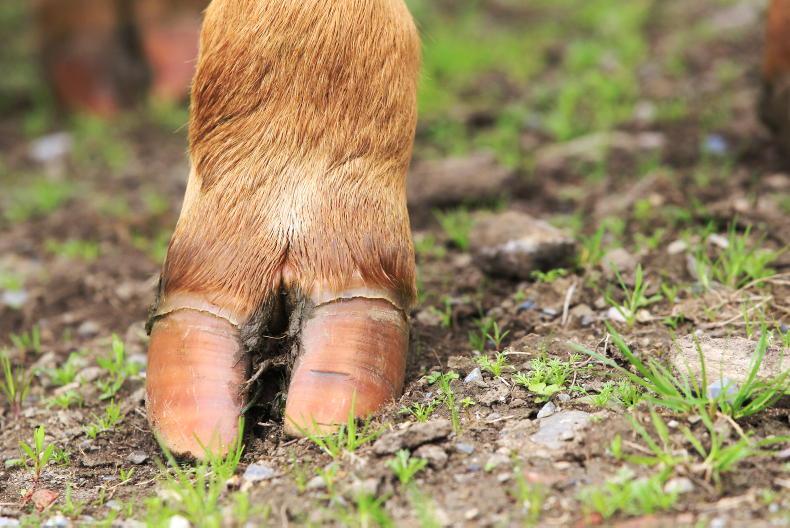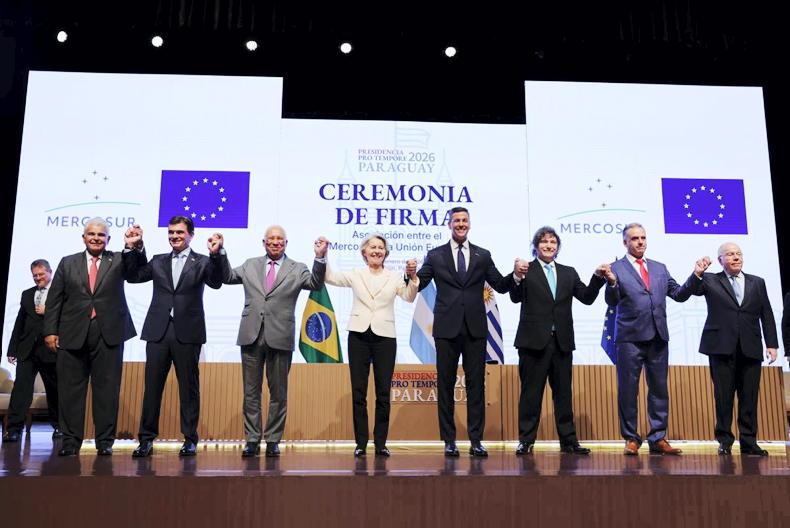A group of industry organisations have won part of their court case against the state of California, which decided last year to list glyphosate among chemicals "known to the state to cause cancer". The listing comes with an obligation to print health warnings on the product's label.
Monsanto, the manufacturer of the leading glyphosate-based herbicide Roundup, took the case together with several farming and agribusiness organisations.
A federal US judge ruled this week that the warning labels violated the First Amendment to the US Constitution on free speech by forcing the manufacturers to print "misleading" information on their products.
"On the evidence before the court, the required warning for glyphosate does not appear to be factually accurate and uncontroversial because it conveys the message that glyphosate’s carcinogenicity is an undisputed fact, when almost all other regulators have concluded that there is insufficient evidence that glyphosate causes cancer," judge William B Shubb ruled.
Findings
The decision cited various agencies' findings that glyphosate does not cause cancer, including European ones.
The court acknowledged the classification of glyphosate as "probably carcinogenic" by the International Agency for Research on Cancer. However, the decision adds: "It is inherently misleading for a warning to state that a chemical is known to the state of California to cause cancer based on the finding of one organisation (which as noted above, only found that substance is probably carcinogenic), when apparently all other regulatory and governmental bodies have found the opposite."
The judge did not find, however, that merely placing glyphosate on California's list of chemicals "known to the state to cause cancer" violated the plaintiff's rights. The Californian authorities are therefore allowed to keep the herbicide active on the list, but not to force manufacturers to print warning labels.
Read more
Gove supports glyphosate in the UK after Brexit
Glyphosate prices to rise in 2018 – Monsanto
Glyphosate renewal leaves European political scars
A group of industry organisations have won part of their court case against the state of California, which decided last year to list glyphosate among chemicals "known to the state to cause cancer". The listing comes with an obligation to print health warnings on the product's label.
Monsanto, the manufacturer of the leading glyphosate-based herbicide Roundup, took the case together with several farming and agribusiness organisations.
A federal US judge ruled this week that the warning labels violated the First Amendment to the US Constitution on free speech by forcing the manufacturers to print "misleading" information on their products.
"On the evidence before the court, the required warning for glyphosate does not appear to be factually accurate and uncontroversial because it conveys the message that glyphosate’s carcinogenicity is an undisputed fact, when almost all other regulators have concluded that there is insufficient evidence that glyphosate causes cancer," judge William B Shubb ruled.
Findings
The decision cited various agencies' findings that glyphosate does not cause cancer, including European ones.
The court acknowledged the classification of glyphosate as "probably carcinogenic" by the International Agency for Research on Cancer. However, the decision adds: "It is inherently misleading for a warning to state that a chemical is known to the state of California to cause cancer based on the finding of one organisation (which as noted above, only found that substance is probably carcinogenic), when apparently all other regulatory and governmental bodies have found the opposite."
The judge did not find, however, that merely placing glyphosate on California's list of chemicals "known to the state to cause cancer" violated the plaintiff's rights. The Californian authorities are therefore allowed to keep the herbicide active on the list, but not to force manufacturers to print warning labels.
Read more
Gove supports glyphosate in the UK after Brexit
Glyphosate prices to rise in 2018 – Monsanto
Glyphosate renewal leaves European political scars










SHARING OPTIONS